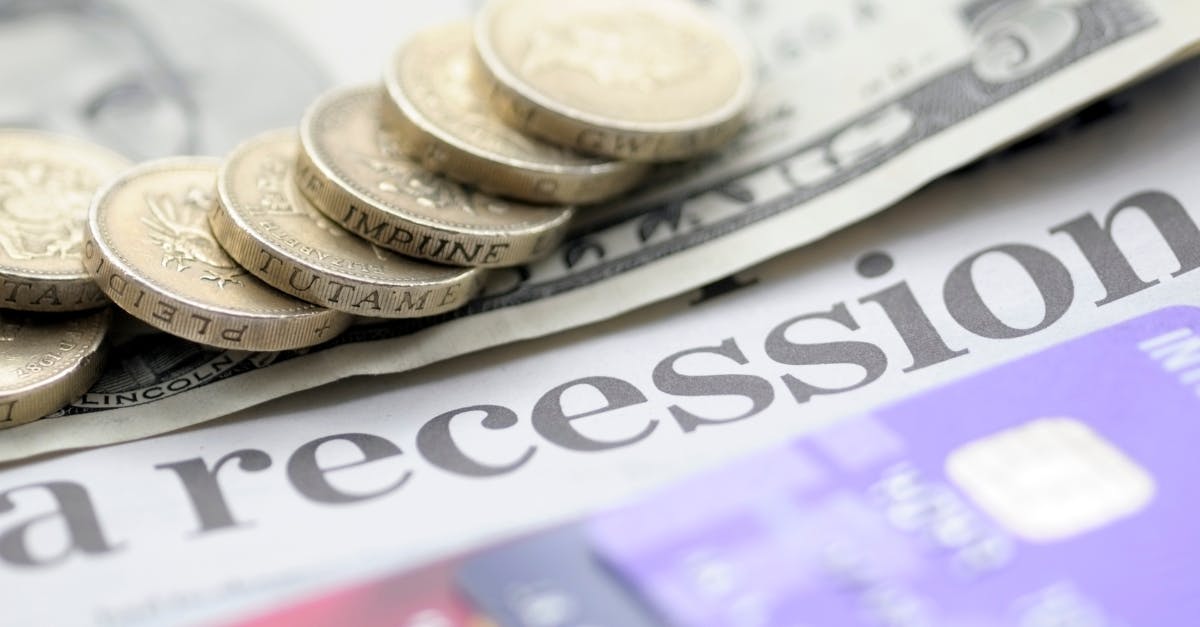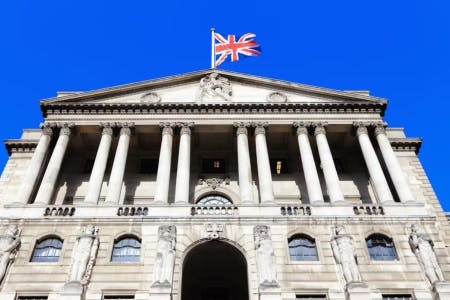Will 99% mortgages actually help first-time buyers?
 Anya Gair
Anya GairSaving a house deposit is no mean feat. So imagine being able to buy a home with only 1% of the property price saved. Well, the Chancellor is apparently considering it. There are rumours that Jeremy Hunt will announce the introduction of 99% mortgages in the upcoming Spring Budget on the 6th March.
But how would this new mortgage scheme work, and is it worth the hype? Keep reading to find out.
How would 99% mortgages work?
There haven’t been any details shared so far, but it’s likely that 99% mortgages would work in a similar way to the current Mortgage Guarantee Scheme. The government would offer backing for banks willing to lend 99% of a property’s value to buyers. This will likely be offered on a longer-term basis, so as either a 5-year or 10-year fixed rate deal.
What lenders will offer 99% mortgages?
We’d expect that the well-known high street lenders will likely offer 99% mortgages if the scheme is backed by the government. Mortgage providers like Halifax, NatWest and Barclays who already offer the 95% Help To Buy Guarantee Scheme are likely contenders.
Are 99% mortgages worth it?
For many aspiring homebuyers, it takes time to save even a modest deposit - on average it takes almost 10 years for a first-time buyer. While paying rapidly increasing rents can make saving a deposit fast enough to outpace rising house prices an uphill struggle. 99% mortgages would allow would-be buyers to get on the ladder much sooner.
If you’re able to save £300 per month for a house, saving a 10% deposit for a £200,000 house would take over 5 years, and a 20% deposit would take the best part of a decade. In comparison, putting away a 1% deposit would take less than 7-months*! That’s years knocked off a buyer’s time to buy, and therefore their time renting. If property prices rise over those extra years spent owning not renting, buyers could also find their equity in the home growing.
However, borrowers will almost certainly have to pay a much higher interest rate with a 99% mortgage than other first-time buyer schemes. Interest rates vary depending on the size of the buyer’s deposit - the smaller the deposit, the greater the risk to the lender, and therefore the higher the interest rate. This will likely make 99% mortgages more expensive, even in comparison to a 5% deposit mortgage.
This means borrowers will need to have sufficient income to afford the higher monthly repayments for a larger loan size, and higher rates - which could make 99% mortgages an unaffordable option for many first-time buyers.
Nearly two-thirds of first-time buyers already face difficulties securing a large enough mortgage to buy. Typically, lenders will let buyers borrow around 4.5 times their income, but house prices sit at 10 times income. This affordability gap means 68% of first-time home buyers experience challenges securing a mortgage due to their income level. 99% mortgages would not address this issue for many affordability-strapped buyers.
There is also a higher risk with 99% mortgages of the borrower falling into negative equity - when the value of your property becomes less than the remaining value of your mortgage. Normally negative equity is caused by falling property prices, but buying with a small deposit gives you a higher likelihood of ending up in this situation because you own less of the property to begin with.
This is why 99% mortgages are significantly riskier for lenders as there is a higher risk of the borrower ending up in this situation. So any backing from the government to lenders offering 99% mortgages will provide protection to the lender if the mortgage holder defaults - likely in the form of covering the insurance costs.
There are some things that borrowers can do to protect themselves from falling into negative equity too. For example, if mortgage payments are cheaper than your rent, then you could use the money you save to make overpayments on your mortgage loan for example. This will build up your equity stake in the property.
What impact will 99% mortgages have on the housing market?
Depending on how popular the scheme is, we could see a surge in house prices as a result if demand increases and homeowners looking to sell take advantage of the increased spending power that would-be buyers will have.
Introducing 99% mortgages could also bring new products to market for remortgagers. Currently, there are very limited options for homeowners looking to remortgage who have less than 10% equity in the property (a.k.a 90% LTV).
Will 99% mortgages fix the housing crisis?
99% mortgages will not be a fix-all solution. As with any new mortgage scheme, it won’t solve every problem, and it’s not designed to. For those with poor credit ratings or failing mortgage affordability, 99% mortgages won’t be a silver bullet. However, introducing more ways for first-time buyers to get on the ladder sooner is always welcome, no matter how niche they are. The more solutions there are, the more we can address the mortgage affordability hurdles faced by first-time buyers.
We always recommend getting expert advice from experienced mortgage professionals, like our award-winning team, to work out the best buying scheme for you, instead of jumping on the bandwagon without fully exploring all the options out there.
What are the alternatives to 99% mortgages?
Even if 99% mortgages do come in, it’s worth considering how long it would take you to save for a 5% deposit. If it’s likely to be years, then you could find it harder to buy if property prices keep increasing while you save. But if you could save it up in a shorter period, this would enable you to access potentially better interest rates and have more equity in the property to begin with.
There is also a raft of other solutions out there that you could consider instead of a 99% mortgage. One option is family guarantor mortgages, which now come in all shapes and sizes - your parents don’t need to use cash to help you buy! Property, income or savings can be used to facilitate a purchase now.
Shared ownership is also another option to consider - you purchase a share of a home, and rent the remainder. With a lower loan size, you could pay the mortgage down quicker as well as purchasing more shares in the property.
You might like
*Based on putting £300 per month into a savings account with a 3% interest rate.



